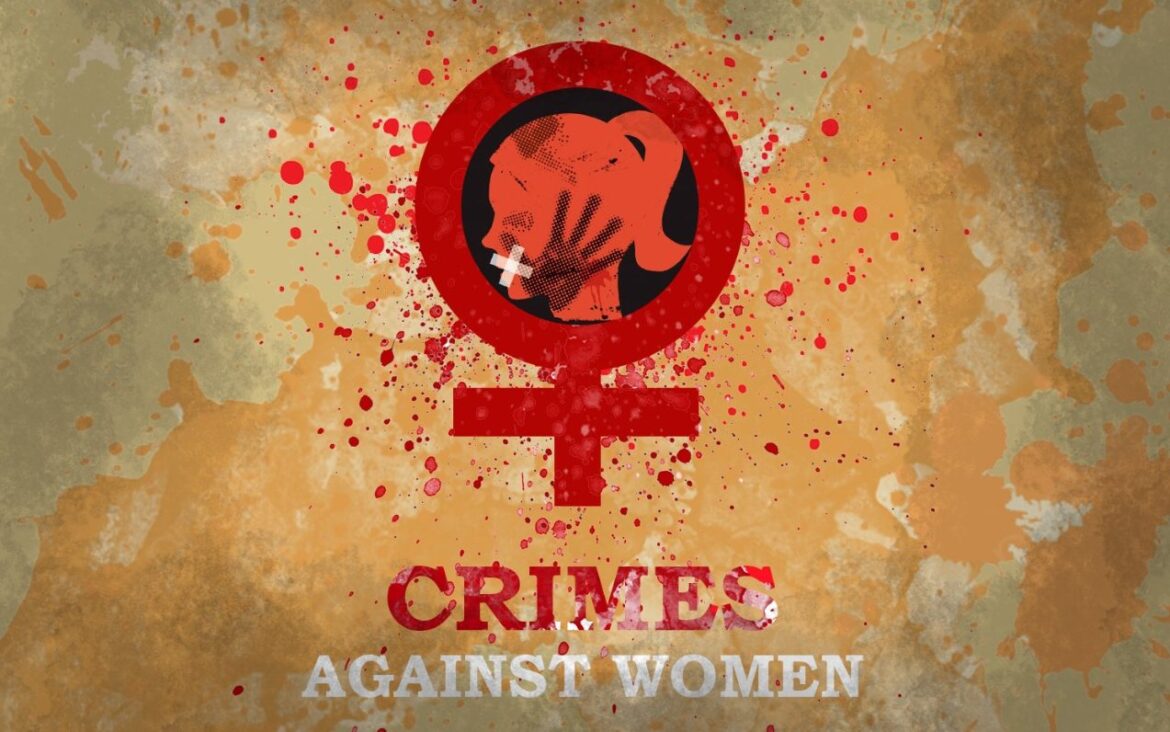Dr Elsa Lycias Joel
(Names have been changed to protect identities)
‘Boys will be boys. They make mistakes’. What does this statement convey? That nobody should be held accountable for their sudden fetishes or perversions towards women? Come on, display some of that social consciousness that is bandied about so much in official and international speeches about how Indian women are revered as goddesses.
India may be booming but not for all women. Two of the country’s most serious challenges are how to address women’s safety and how to deliver speedy justice. 12 years ago, the whole world stood stunned. The victim was celebrated as Nirbhaya. How ridiculous to remember and address hapless victims with such titles! In reality, she would’ve gone through matchless pain and fear before she died a brutal death. By addressing victims with titles, who are we trying to comfort? People have come to realize the reality long ago. It was those perverts who were fearless to commit a crime of that intensity with a heinous intent. Around the time of the 2012 gang rape and murder, India recorded 24,923 rape cases, which is about 68.28 cases per day as per the National Crime Records Bureau. So, should India be proud or ashamed of the thousands of ‘Nirbhayas’? While it took years to punish the convicts, one walked out free and fearless with a new identity, a grant of 10,000 Rs and a sewing machine, only because he was a juvenile. Only after the rapist, the most brutal of all, got to walk free, the Juvenile Justice (Care and Protection of Children) Act was passed in 2015. Then, I knew violence against women would never end. There is a clear pattern to the way the minds of rapists have evolved in our country given the speed and manner in which amendments evolve and justice is delivered. Timely justice may not be a panacea for all injustice that plague us but it could be a precursor to other reforms. Nothing but the severity of the punishment will act as a deterrent.
The current rape crisis speaks of something even more worrisome – a society that is out of touch with its women. By all accounts, the Indian women never had it so good. Due to the generosity of a patriarchal society, they are all flush with problems, much more they can handle. Citizens’ protests that take various forms and shapes are indeed comforting. However, the fruits of women’s safety or liberation cannot be allowed to be negated by a societal system that is striking at the very root of the country’s well-being. Sensible recommendations that have been made by committees and well-meaning individuals will not deter crimes unless they are acted upon in due earnestness. Probably, salvaging the process of justice from tangles of state intimidation or political pressure is a herculean task by itself. At this juncture, I remember the Best Bakery case in which, for the first time, the apex court shifted the trial out of a state.
The fear of being violated is so strong, Indian women can taste it. It is shameful that few public servants have the audacity to declare that public spaces are not meant to be the right places for the right kind of women at the wrong time. When did a seminar hall in a medical college turn unsafe for a trainee doctor? Was she inappropriately clothed? What a handful of political elite say is not different from what a convicted criminal says. Enough is enough. As long as naming and shaming the victim continues in addition to gracing them with unbefitting titles, violence against women in all forms will continue with a plight of pandemic proportions. We have had enough such horror stories of rape, torture and murder that should make the legislature and executive give serious thought rather than analyse the uniqueness of each violation. What clumsy legislation have we got? Should it take 40 years for the Parliament to pass The Criminal Law (Amendment) Act 2013 to amend the IPC to allow death penalty only in rape cases where the accompanying brutality leads to death or leaves the victim in a persistent vegetative state? Shrina R Shanbaug, an Indian nurse lay in a vegetative state for almost 42 years after she was sodomised and strangulated with metal chains in 1973. Are rape laws far from adequate or do they lack will power? Sohanlal Valmiki, the main sodomist must be caught and hanged, if he is alive, instead of celebrating Aruna for giving India a passive euthanasia law. In 1972, a 16-year-old girl Sheila was raped inside a police station by two policemen who were set free by the court just because the victim wasn’t injured. After 9 years, the anti-rape law was amended. I have every reason to assume that those two men in uniform would have had a free run until the law was amended.
The Supreme Court’s verdict was based on the following three arguments:
- Sheila did not vocally express her non-consent during the ordeal.
- There was a lack of bruising on her body.
- She was ‘habituated to sexual intercourse’ based on the two-finger-test
We have umpteen days and nights to reclaim. Decades away from Sheila and Shrina tragedy, the pertinent question we ought to ask ourselves is how far have we come?
Preeti Singh, Vamika, Manika Debnath, Pranjali Singh, Kasifa and many more are not the only ones to have gone through such severe sexual assaults. ‘Nirbhaya Juvenile’ who assaulted 8-year-old was acquitted. How ridiculous! Rapists must be tarred with the same brush, no matter how old the victims are. What is mystifying is the fact that gang-raping of someone below 18 years of age is considered a heinous offence punishable by death whereas gang rape, torment and murder of an adult is not. Public outcry and protests can caution lawmakers against semantic hair-splitting on defining the nature of violence, warning that ‘certain criteria’ will remain a stumbling block in drafting a perfect statute with no loopholes. Complacency should never cost us more promising lives. As for the law enforcement and investigative agencies, it is not too early to tell the real story of RG Kar Medical College and Hospital on August 9th.
Opinion Disclaimer: The opinions expressed are solely the author’s and do not reflect the opinions and beliefs of The Womb.





